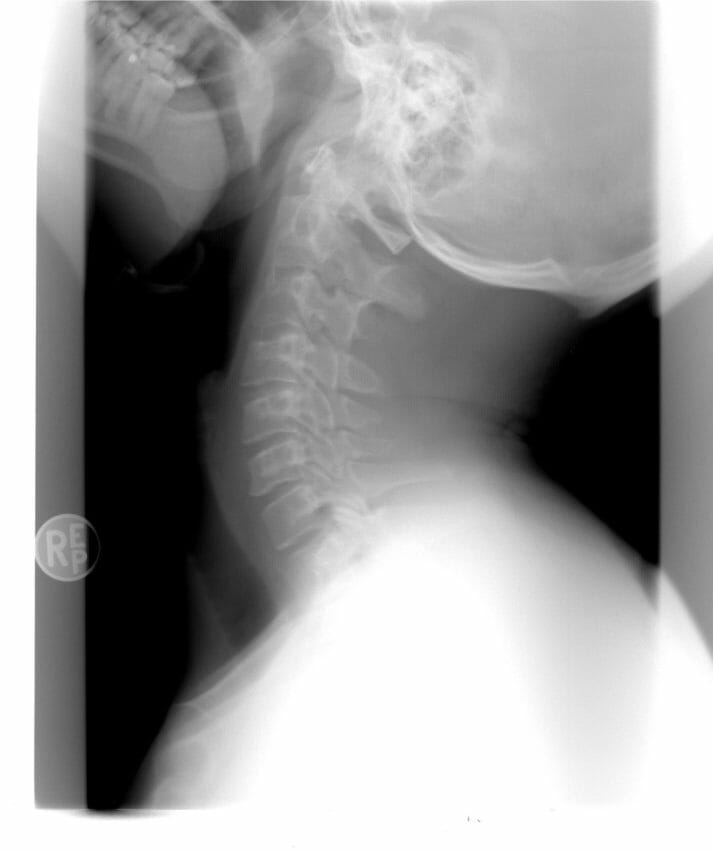The cannabis plant contains many cannabinoids with the potential to unlock an array of health and wellness benefits. While CBD is often the cannabinoid associated with providing relief from ailments, THC also has its own medicinal merits.
Whether you’re applying a topical or enjoying an edible, THC can help you get relief after getting injured. Learn more about how THC can impact your injury below!
The Benefits of Delta-9 THC for Injuries
The primary psychoactive cannabinoid in cannabis is Delta-9 THC – what most people refer to simply as “THC.” It produces both intoxicating effects and wellness benefits, which can aid your recovery after an injury.
As a powerful anti-inflammatory, Delta-9 THC can help relieve your pain and inflammation. By reducing cytokines, which are immune signaling proteins, Delta-9 THC is able to slow down white blood cell production and your immune response. Through slowing down these responses, Delta-9 THC reduces inflammation in your body, which can also lessen pain. To directly target inflammation, try Delta-9 THC topical products that will immediately be absorbed by endocannabinoid receptors in your skin.
Consuming gummies with delta-9 THC, for example, can be helpful after an injury. Not only can they elevate your mindset and reduce stress related to your injury, but they can also help you fall asleep, which otherwise can be tough if you’re dealing with intense pain levels.
Negative Side Effects of Delta-9 THC
While Delta-9 THC has many benefits for injuries, it can also have some negative side effects that worsen the injury specifically if you take too high a dose of Delta-9 THC. Namely, Delta-9 can affect your critical thinking skills, resulting in you being unable to care for yourself, or can worsen anxiety, which may already be high because of the injury.
To avoid these negative effects, make sure you’re taking the correct dose. If you’ve never consumed THC before, but want to try it to see if it can help with your injury, start slow and go low. A dose of around 5 mg is a great place to start.
What else can I use THC for?
THC has numerous wellness properties so you can use it for much more than injuries. Research suggests it may also help with stress reduction, sleep promotion, and easing nausea.
Additionally, Delta-9 THC can just be used to have fun. Its psychoactive effects can enhance and elevate experiences. It can also be a social facilitator, great for enjoying with friends or at events.
With so many positive wellness benefits and uplifting psychoactive effects, Delta-9 THC is a valuable natural tool to use after being injured.



